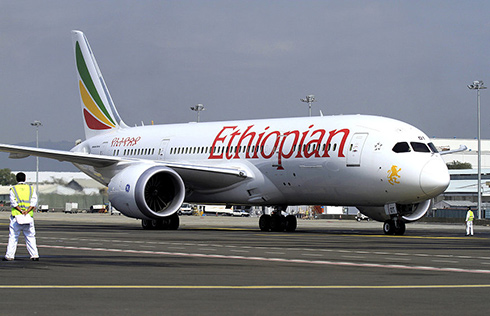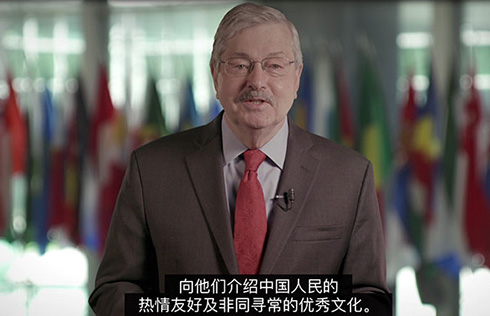Nurture Mandarin teaching in the UK, say experts
Mandarin teaching in the United Kingdom should capitalize on the rise in interest in the language, and become more sustainable, Wang Yongli, minister counselor for education at the Chinese embassy in London said at the three-day International Conference on Teaching and Learning Chinese in Higher Education.
The gathering opened on Wednesday at the University of Southampton on England's South Coast.
The British Chinese Language Teaching Society, an academic organization for Chinese teachers at British universities, has organized the annual gathering for the past 15 years. It is aimed at enhancing the quality of Chinese teaching, and promoting the research of Chinese education internationally.
This year's meeting, titled Teaching and Learning Chinese in Global Contexts: From Language Policy to Classroom Practice, attracted 150 scholars who exchanged ideas on how best to teach the language in higher education.
Wang said the increased interest in Mandarin in the UK in the past decade has been overwhelming, and the expansion of Confucius Institutes and the smaller Confucius Classrooms have played an important role.
With 29 Confucius Institutes and 140 Confucius Classrooms in the UK, Wang said it is critical that the trend is capitalized upon.
Joel Bellassen, who is chair of the European Association of Chinese Teaching, took the opportunity to speak in Mandarin, saying how pleased he was to see it become one of the mainstream foreign languages offered in European higher education institutions.
This year's conference marks the 20th anniversary of the establishment of the British Chinese Language Teaching Society.
Guo Zhiyan, chairman of the society, said the conference provides an international platform for the world's Chinese language teaching specialists, where they can share their expertise.
Topics such as Chinese language policies across different regions, integration of culture into language classes, and teaching Chinese for specific-purposes, will be discussed in depth during the conference.
Last September, the UK government launched a 10 million pound ($13 million) Mandarin Excellence Program, which is designed to make teenagers fluent speakers by 2020.
In 2013, the British Council introduced its Generation UK campaign, which aims to increase the number of British students and interns with placements in China to 80,000 by 2020.
According to the British Council, the number of people taking Mandarin exams at the General Certificate of Secondary Education level increased by 92 percent in five years, to 4,044 students in 2016.
























